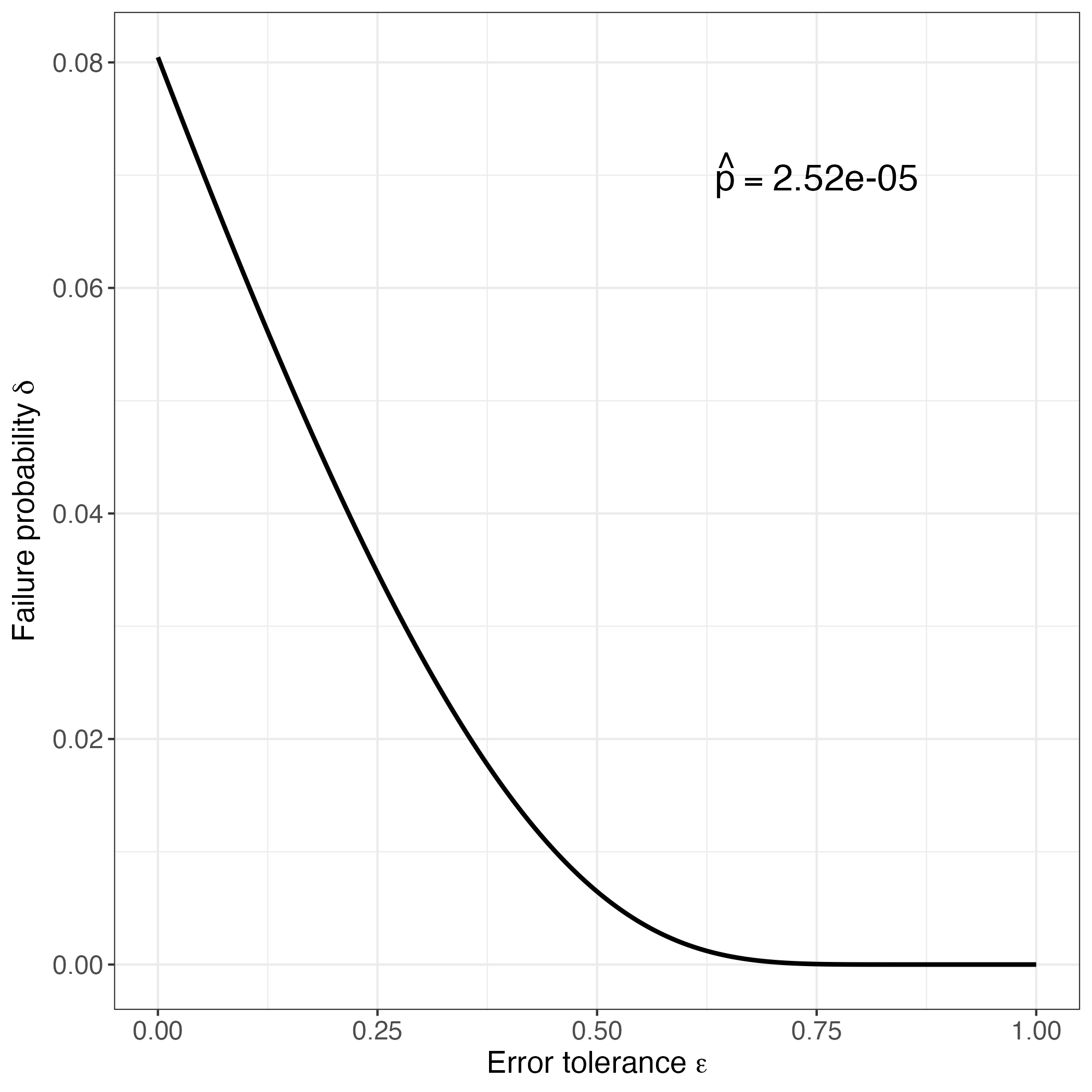
Shorvon et al.
Probably approximately correct maximum a posteriori inference. arXiv preprint, 2601.16083.

Probably approximately correct maximum a posteriori inference. arXiv preprint, 2601.16083.
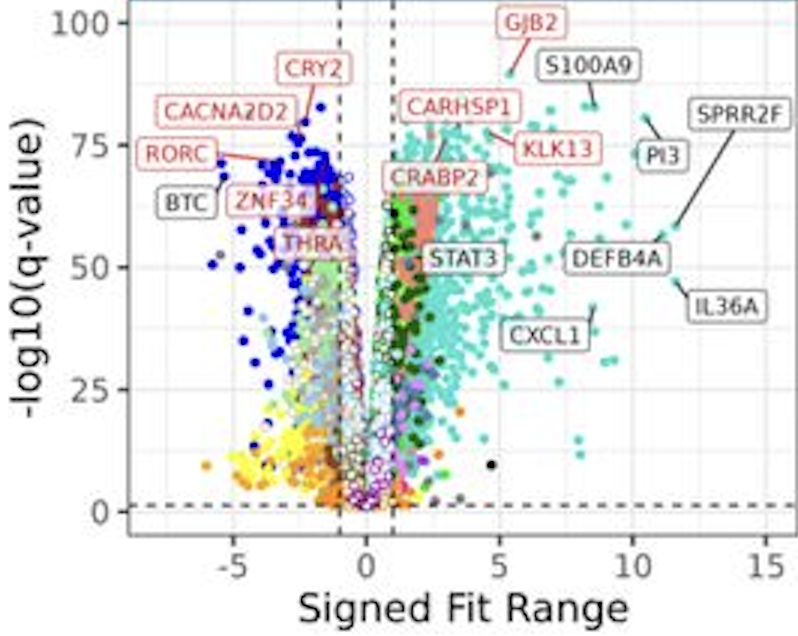
Transcriptomic profiling and machine learning uncover gene signatures of psoriasis endotypes and disease severity. Communications Medicine.

What kind of reasoning (if any) is an LLM actually doing?. arXiv preprint, 2512.10080.
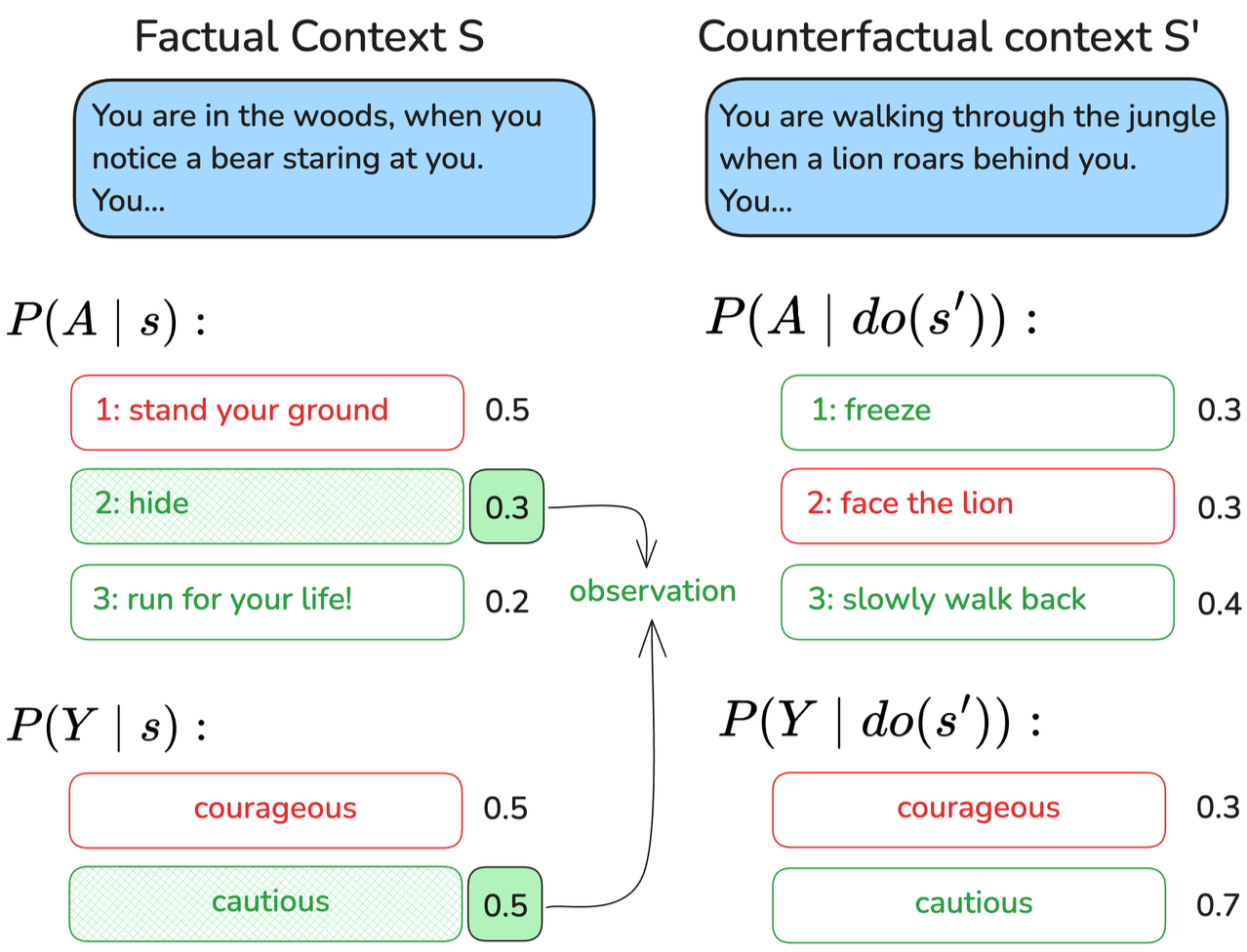
Abstract counterfactuals for language model agents. Advances in Neural Information Processing Systems 39.
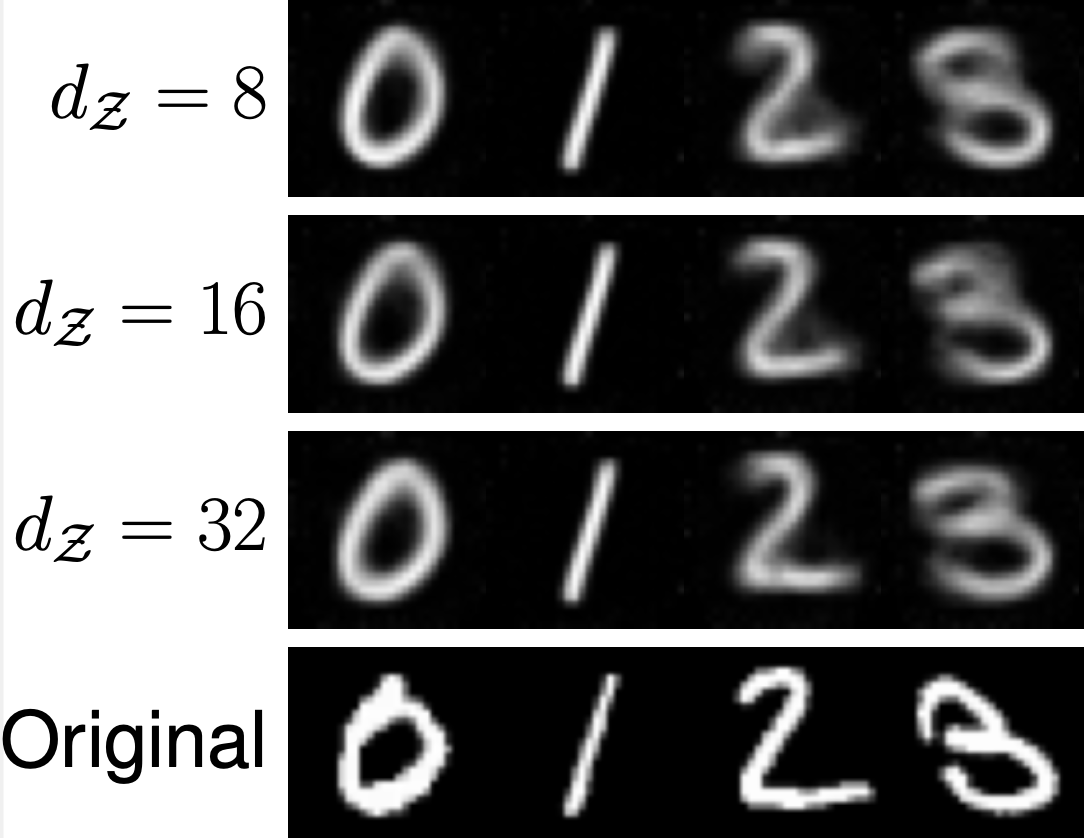
Autoencoding random forests. Advances in Neural Information Processing Systems 39.
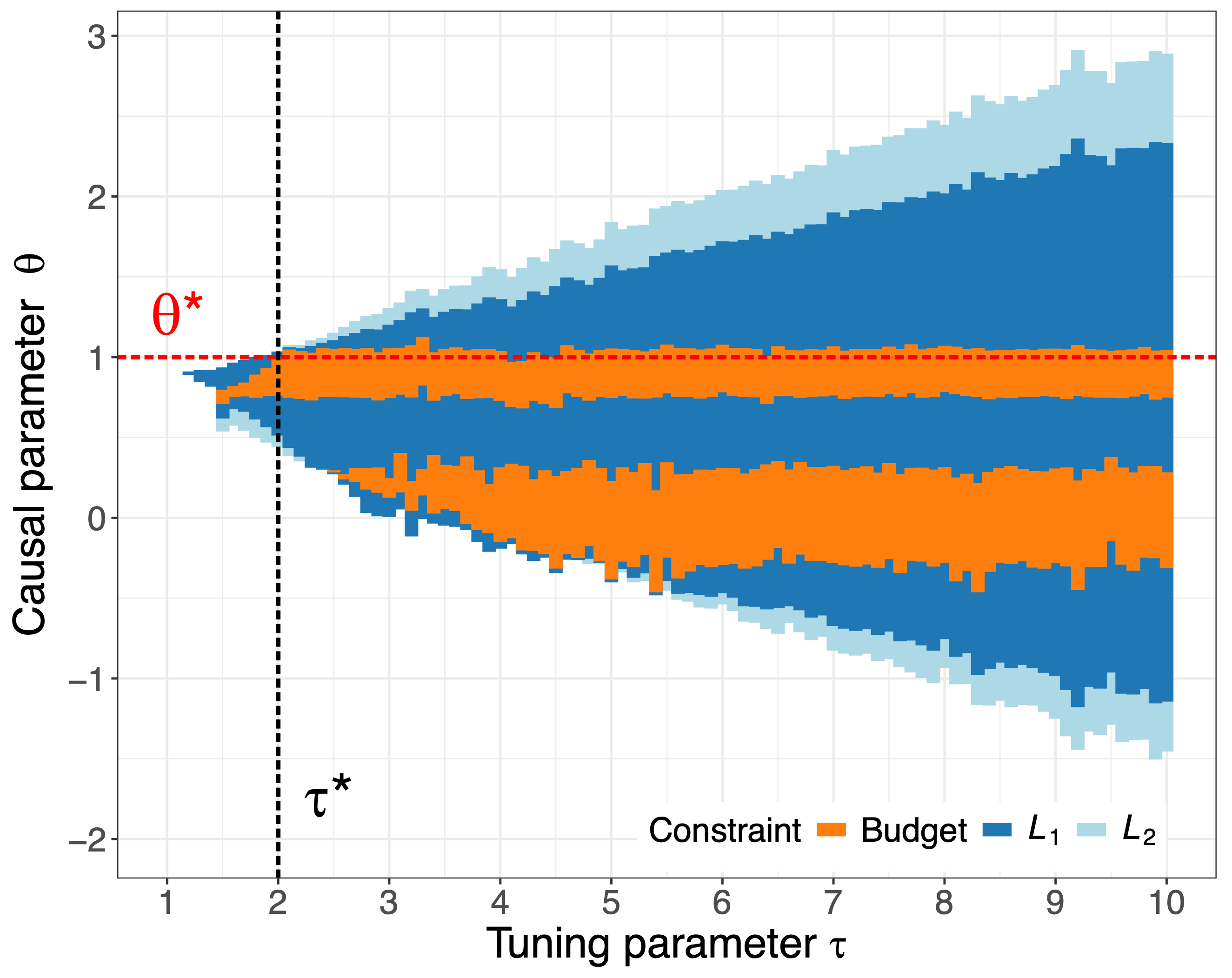
BudgetIV: Optimal partial identification of causal effects with mostly invalid instruments. Proceedings of The 28th International Conference on Artificial Intelligence and Statistics.

Competing narratives in AI ethics: A defense of sociotechnical pragmatism. AI & Society.
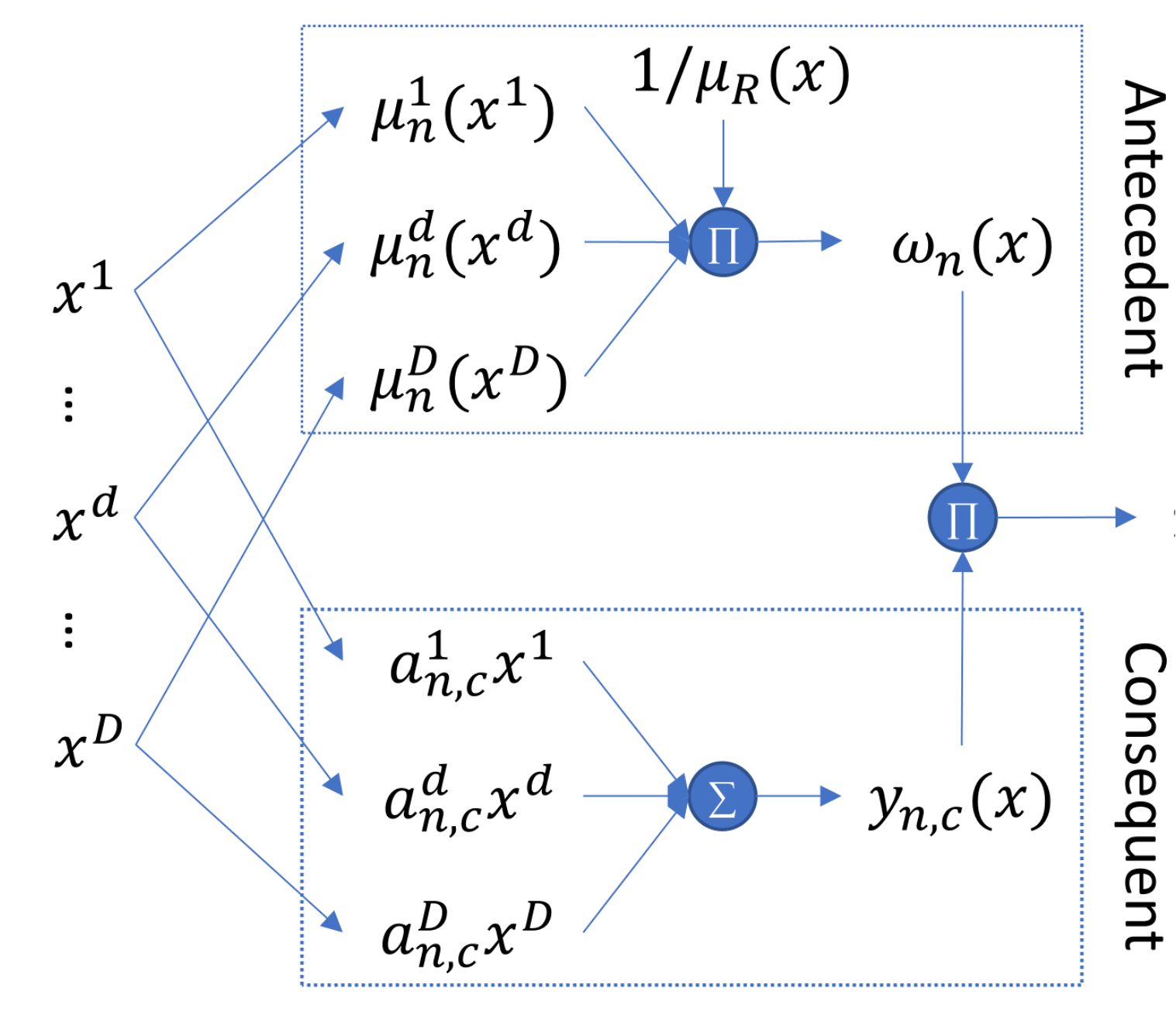
Hierarchical fuzzy model-agnostic explanations. IEEE Transactions on Fuzzy Systems.

A genealogical approach to algorithmic bias. Minds & Machines, 34(9).
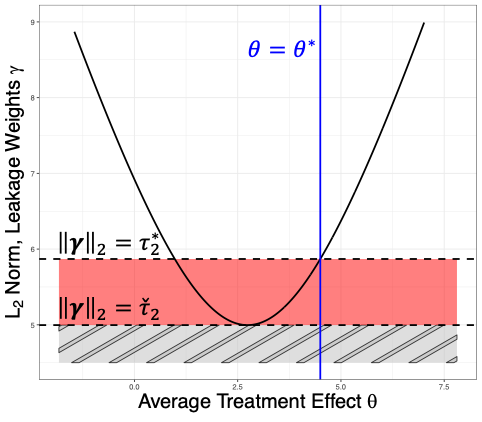
Bounding causal effects with leaky instruments. Proceedings of the 40th Conference on Uncertainty in Artificial Intelligence.
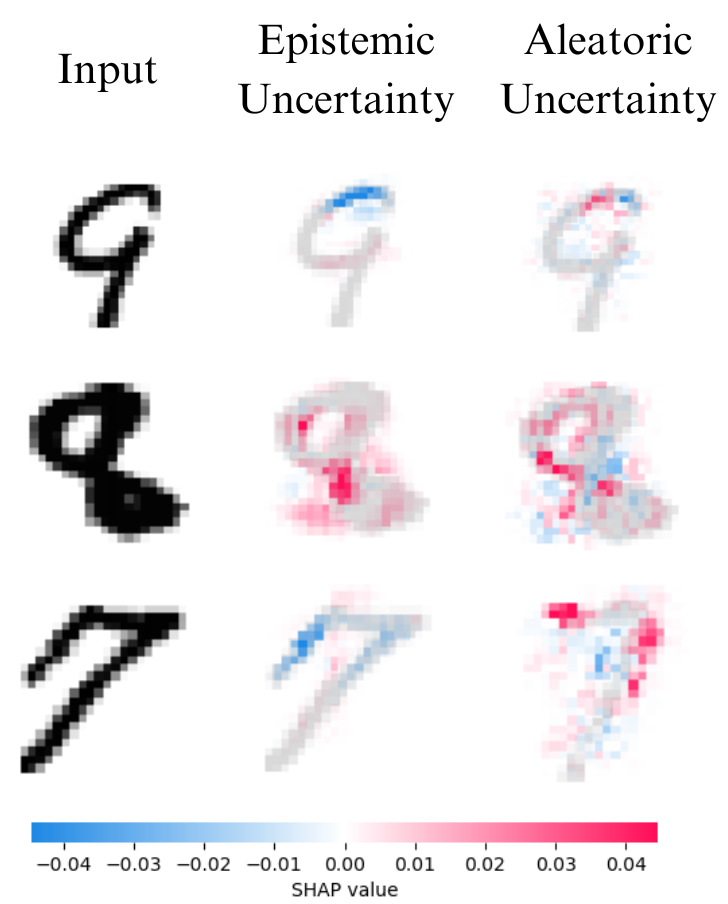
Explaining predictive uncertainty with information theoretic Shapley values. Advances in Neural Information Processing Systems 36, pp. 7330-7350.
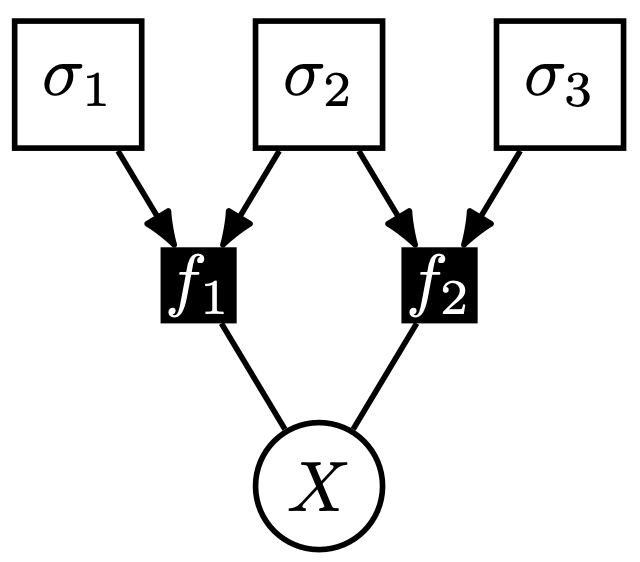
Intervention generalization: A view from factor graph models. Advances in Neural Information Processing Systems 36, pp. 43662-43675.
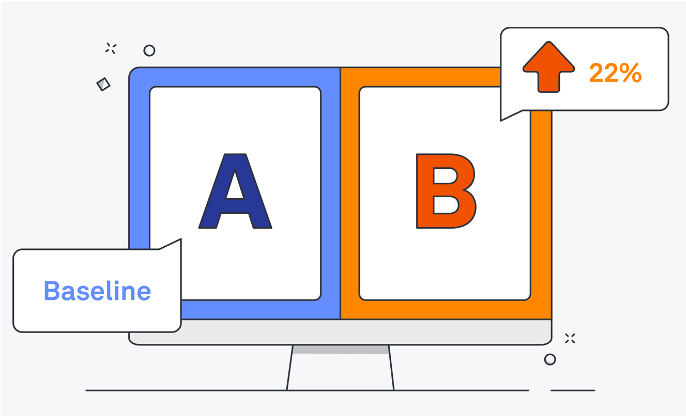
The ethics of online controlled experiments (A/B testing). Minds & Machines, 33, 667-693.
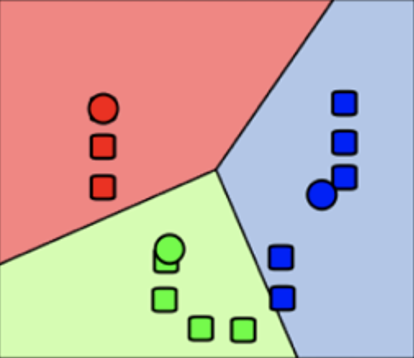
On the philosophy of unsupervised learning. Philosophy & Technology, 36(28).

Adversarial random forests for density estimation and generative modeling. Proceedings of The 26th International Conference on Artificial Intelligence and Statistics, pp. 5357-5375.
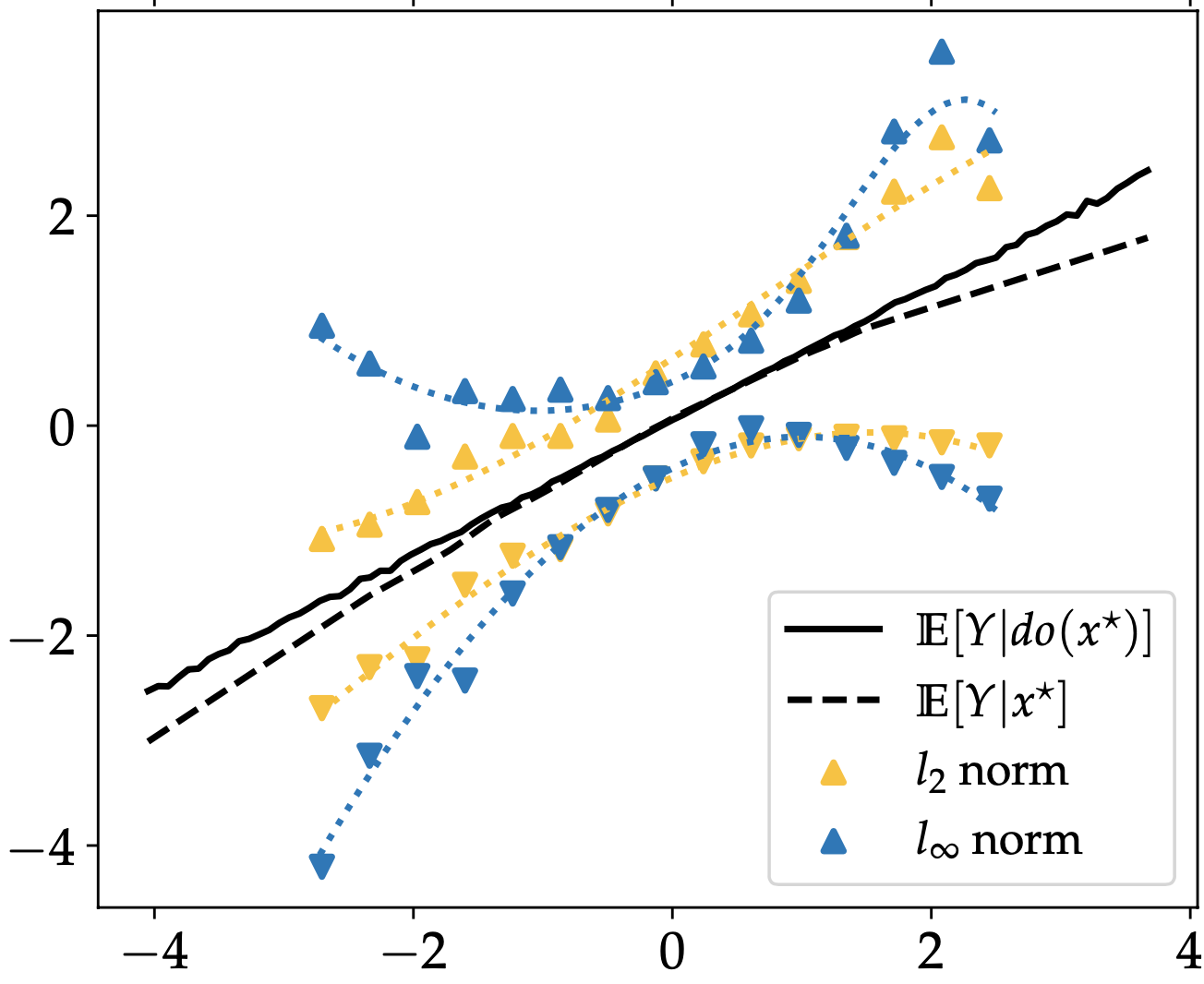
Stochastic causal programming for bounding treatment effects. Proceedings of The 2nd Conference on Causal Learning and Reasoning, pp. 142-176.

The switch, the ladder, and the matrix: Models for classifying AI systems. Minds & Machines, 33, 221-248.
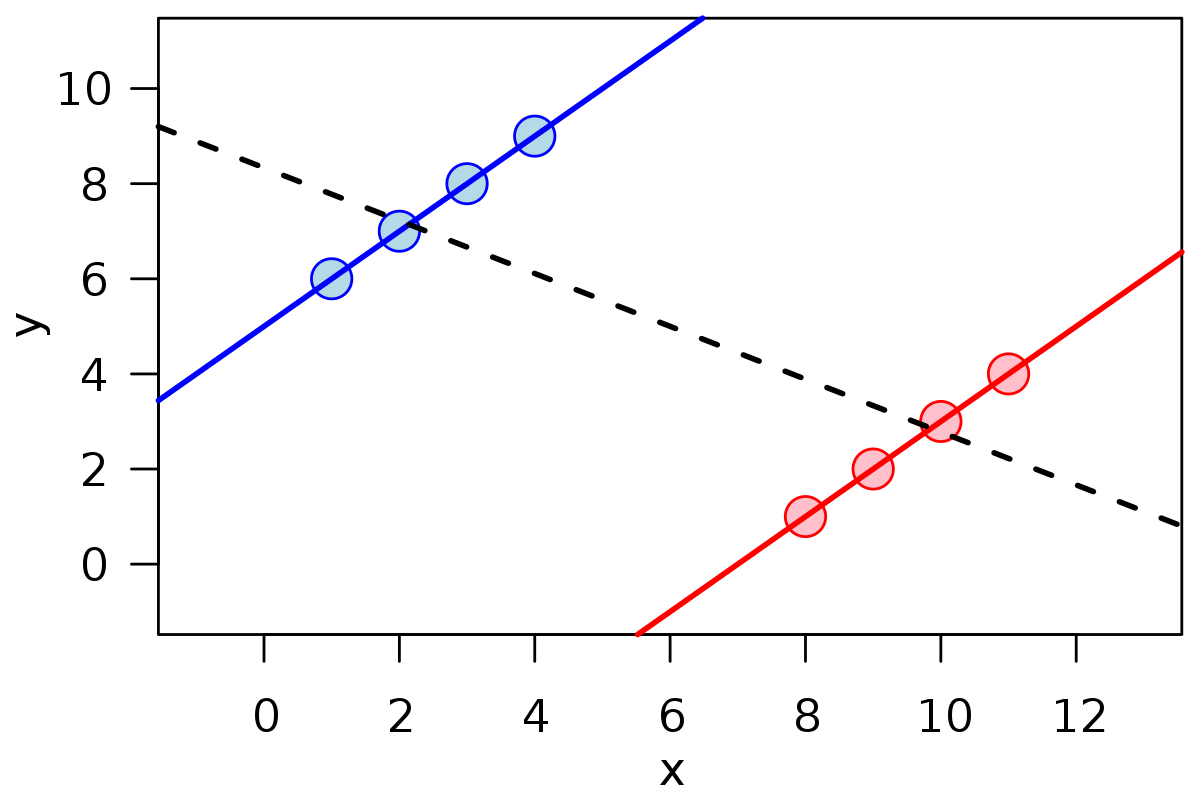
The epistemological foundations of data science: A critical analysis. Synthese, 200(6), 469.

Causal discovery under a confounder blanket. Proceedings of the 38th Conference on Uncertainty in Artificial Intelligence, pp. 2096-2106.
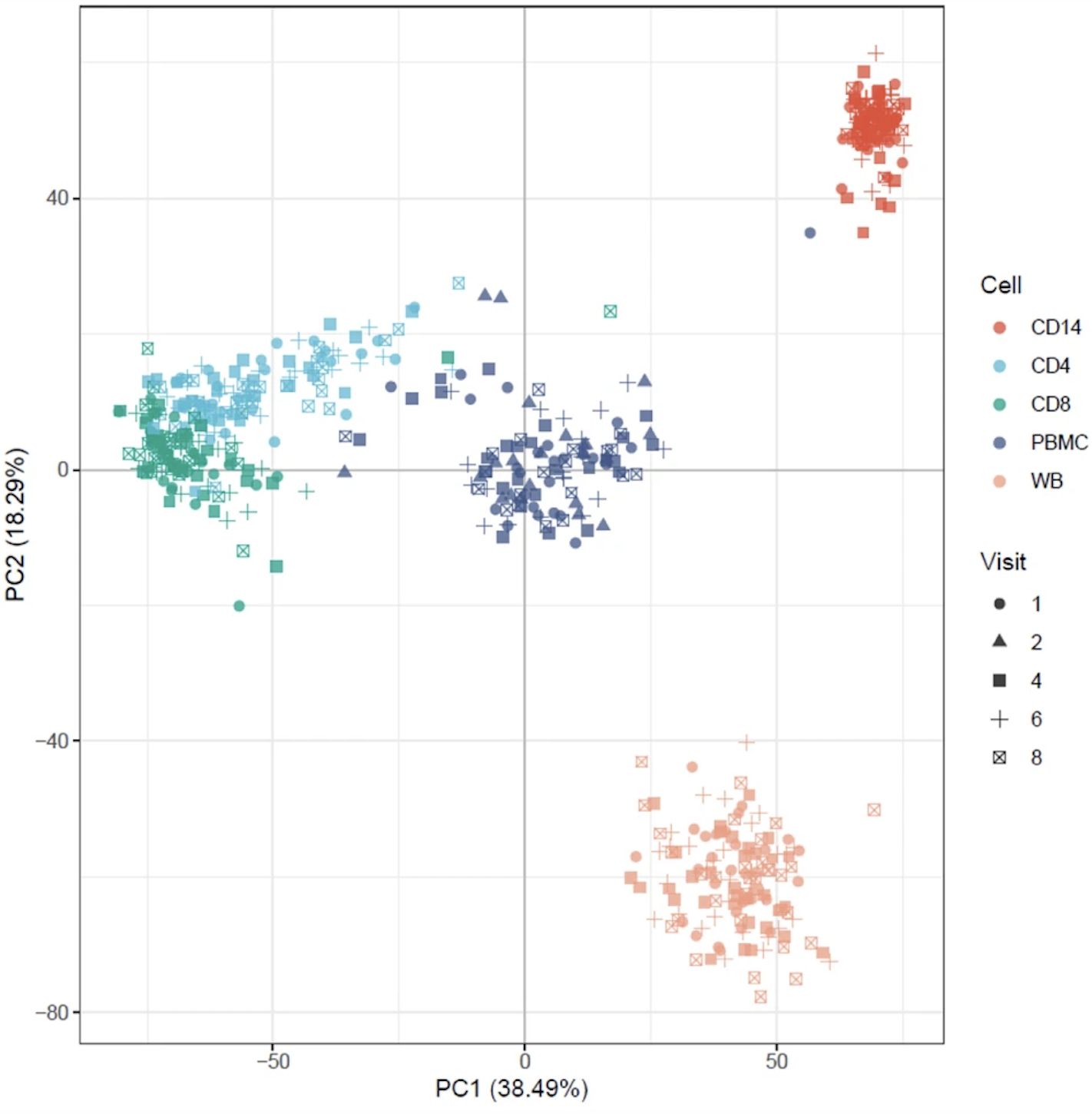
RA-MAP, molecular immunological landscapes in early rheumatoid arthritis and healthy vaccine recipients. Scientific Data, 9(196).

Rational Shapley values. Proceedings of the 2022 ACM Conference on Fairness, Accountability, and Transparency, pp. 1083-1094.

Local explanations via necessity and sufficiency: Unifying theory and practice. Minds & Machines, 32(1), 185-218.
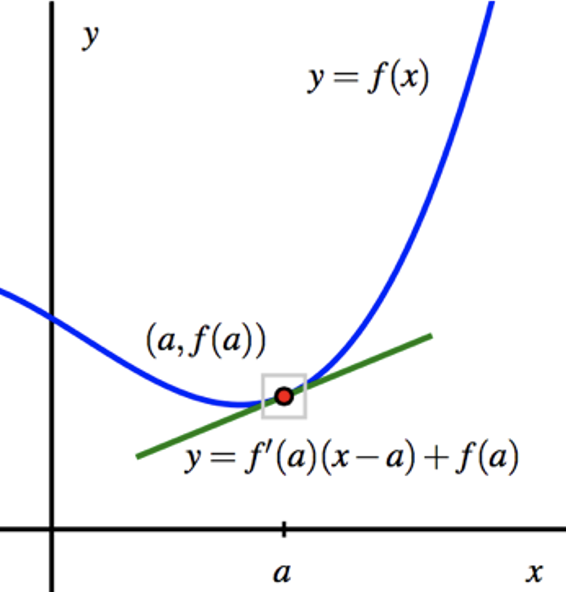
Conceptual challenges for interpretable machine learning. Synthese, 200(2), 65-98.
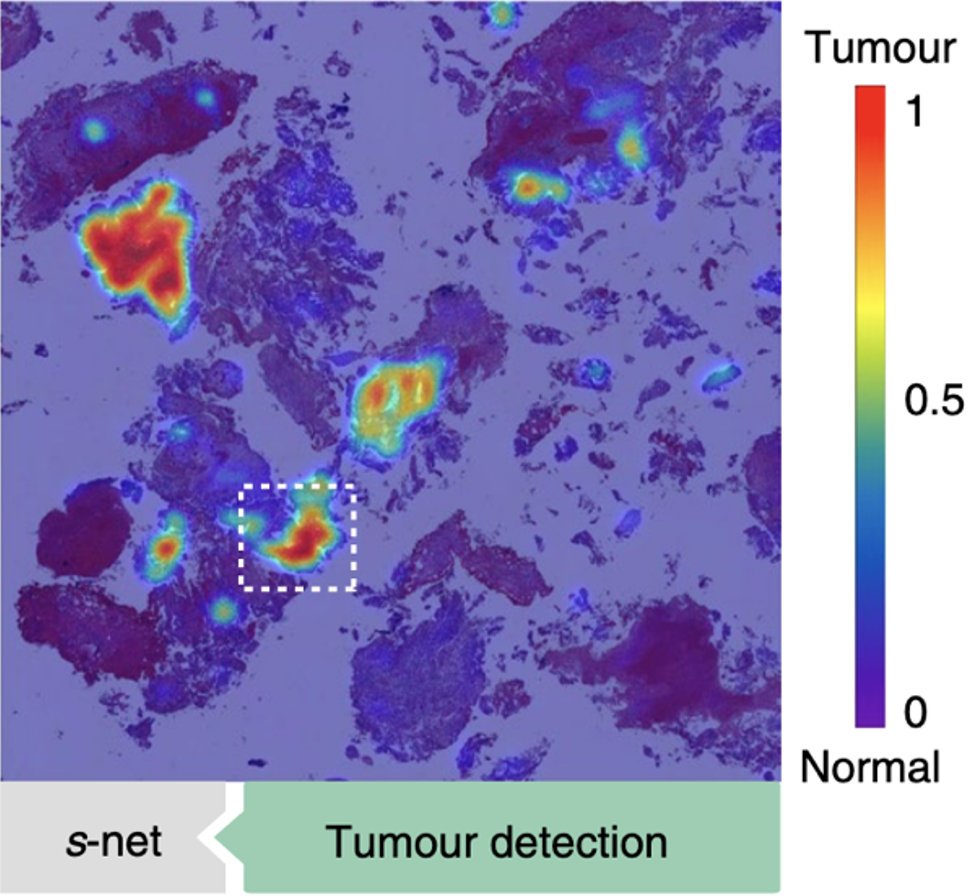
Interpretable machine learning for genomics. Human Genetics, 141(9), 1499-1513.
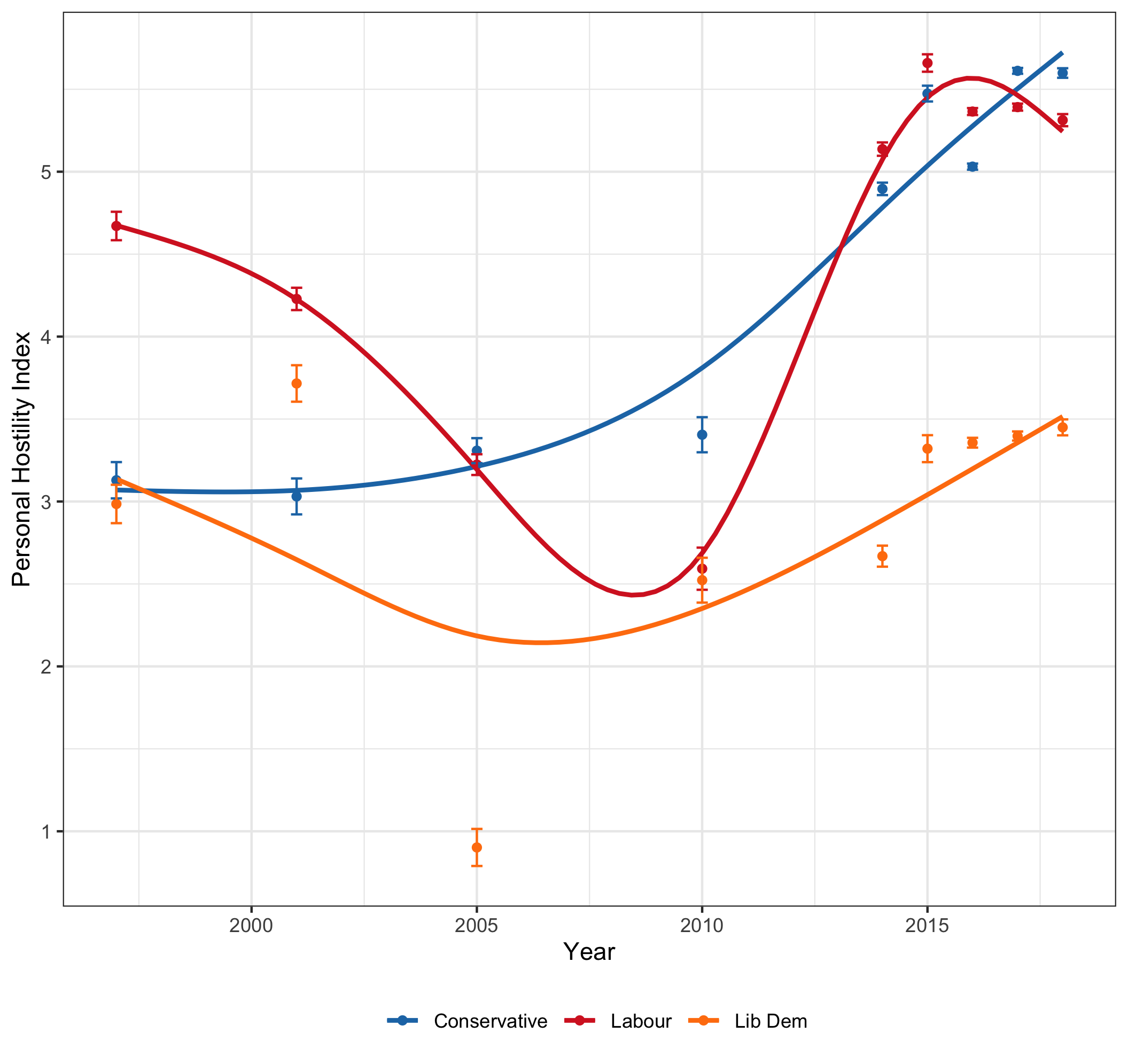
The paradox of poor representation: How voter–party incongruence curbs affective polarisation. The British Journal of Politics and International Relations, 24(4), 668-685.

Testing conditional independence in supervised learning algorithms. Machine Learning, 110(8), 2107-2129.
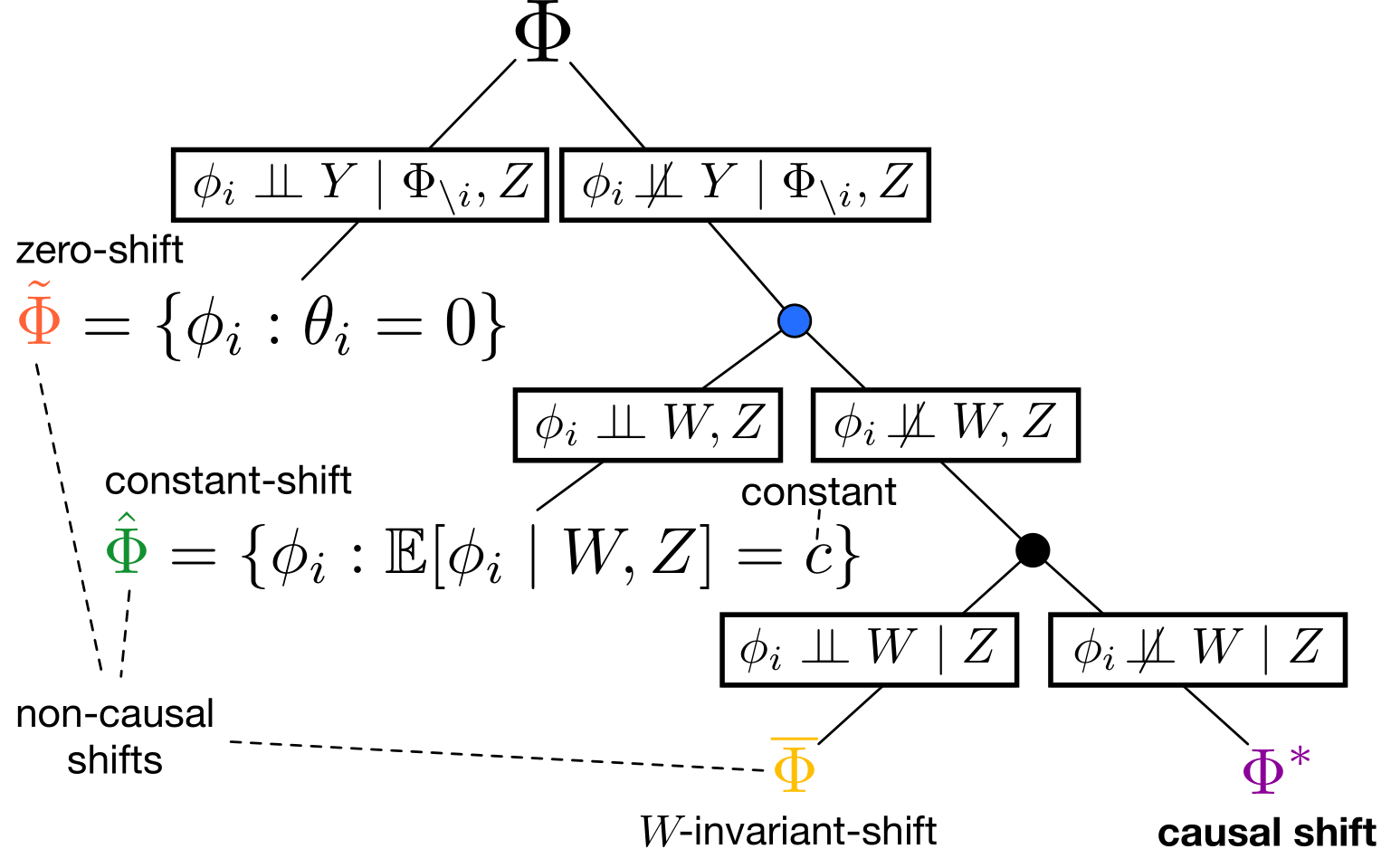
Operationalizing complex causes: A pragmatic view of mediation. Proceedings of the 38th International Conference on Machine Learning, pp. 3875-3885.

Explaining black box algorithms: Epistemological challenges and machine learning solutions. Doctoral Dissertation, University of Oxford.
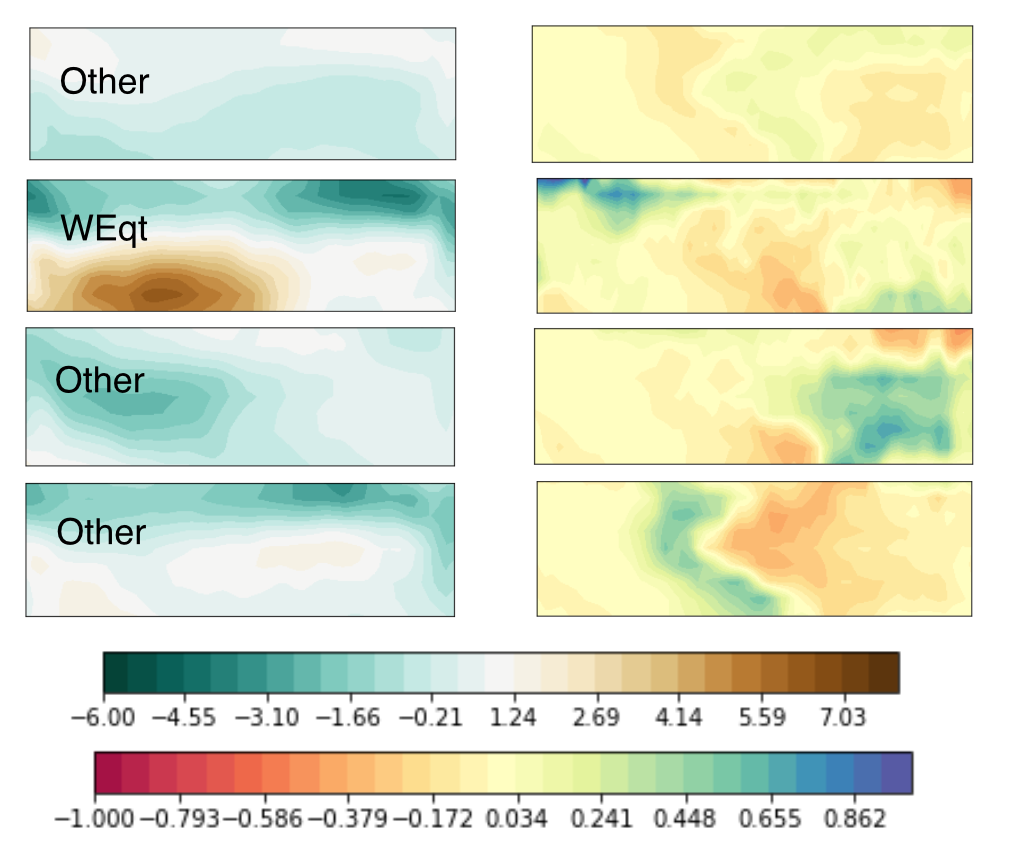
Causal feature learning for utility-maximizing agents. Proceedings of the 10th International Conference on Probabilistic Graphical Models, pp. 257-268.
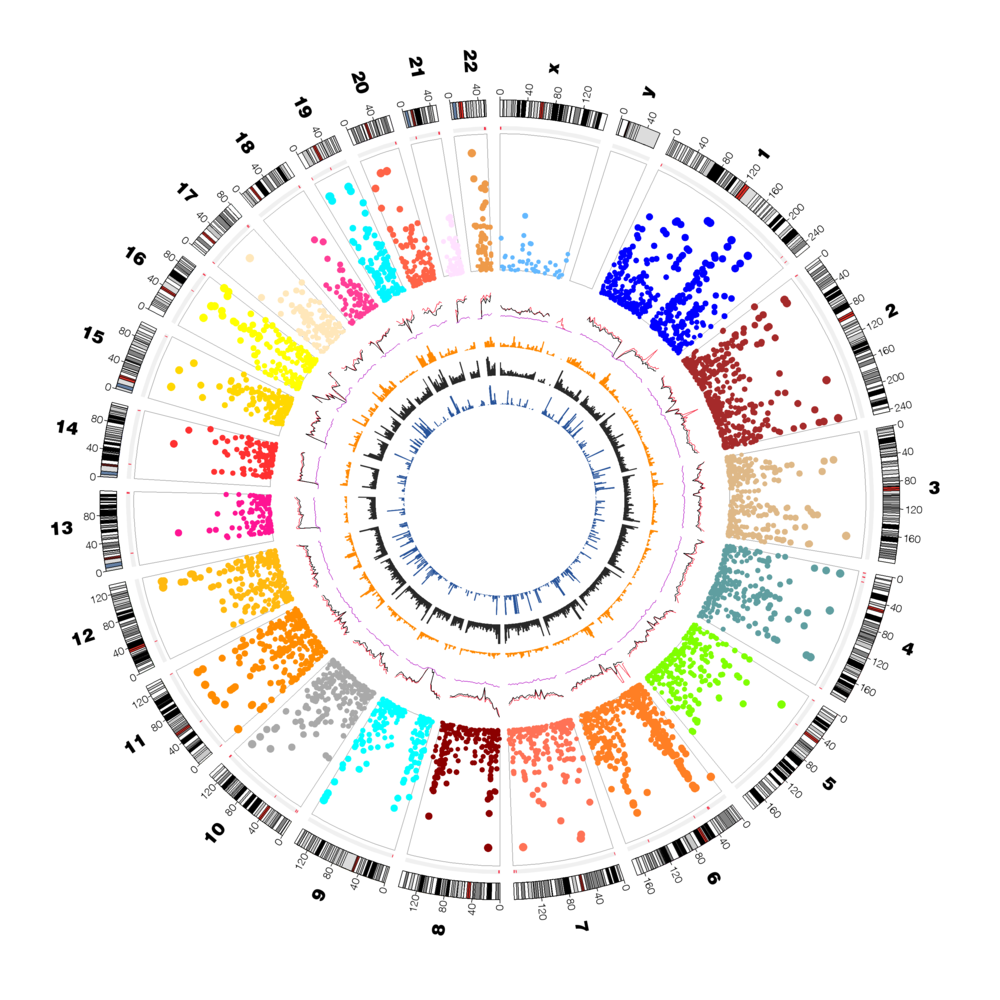
Reaching the end-game for GWAS: Machine learning approaches for the prioritization of complex disease loci. Frontiers in Genetics, 11, 350.

The explanation game: A formal framework for interpretable machine learning. Synthese, 198(10), 9211-9242.
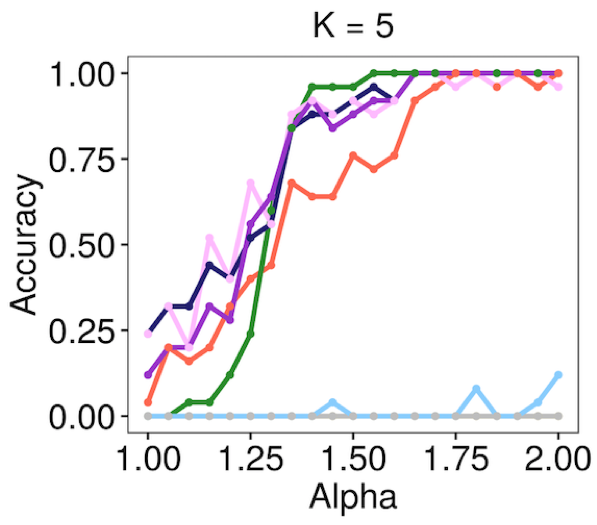
M3C: Monte Carlo reference based consensus clustering. Scientific Reports, 10(1), 1816.
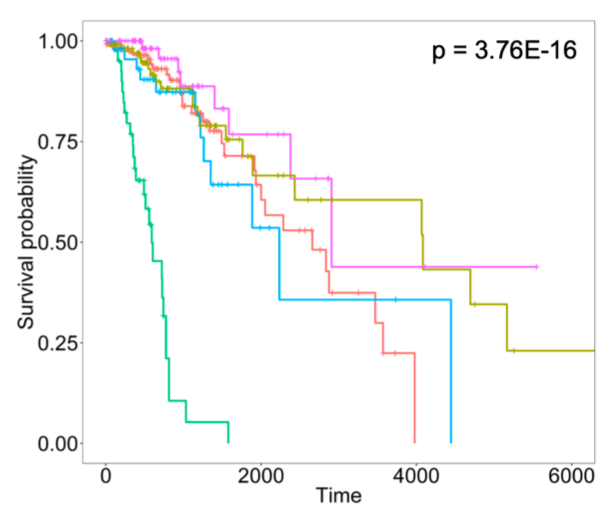
Spectrum: Fast density-aware spectral clustering for single and multi-omic data. Bioinformatics, 36(4), 1159-1166.
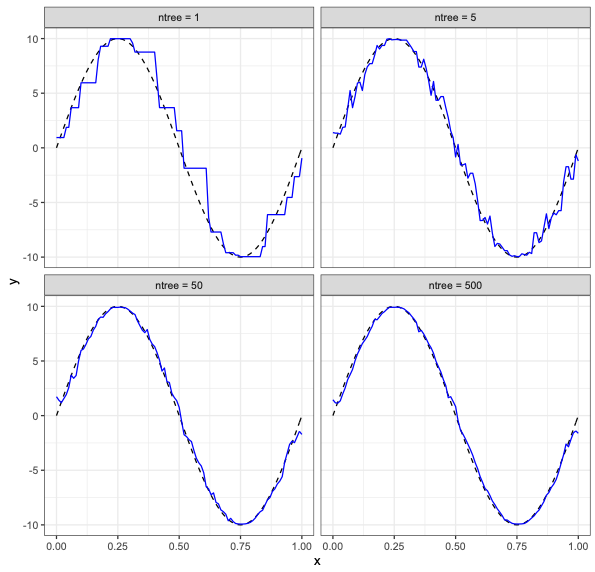
The rhetoric and reality of anthropomorphism in artificial intelligence. Minds & Machines, 29(3), 414-440.
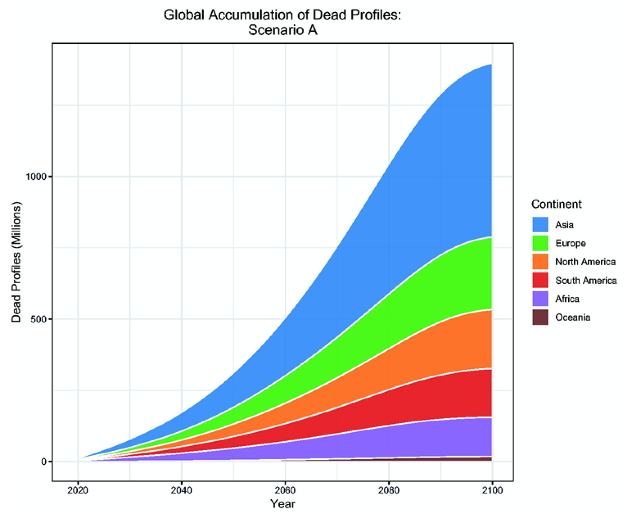
Are the dead taking over facebook? A big data approach to the future of death online. Big Data & Society, 6(1), 1-13.

Oncometabolite induced primary cilia loss in pheochromocytoma. Endocrine-Related Cancer, 26(1), 165-180.

Clinical applications of machine learning algorithms: Beyond the black box. BMJ, 346, 446-448.
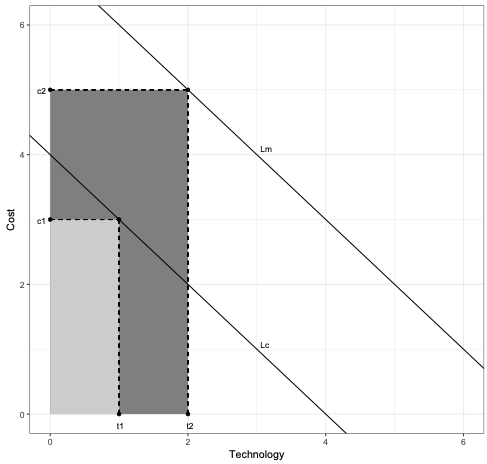
The price of discovery: A model of scientific research markets. In Öhman, C. & Watson, D. (Eds), The 2018 Yearbook of the Digital Ethics Lab, pp. 51-63.
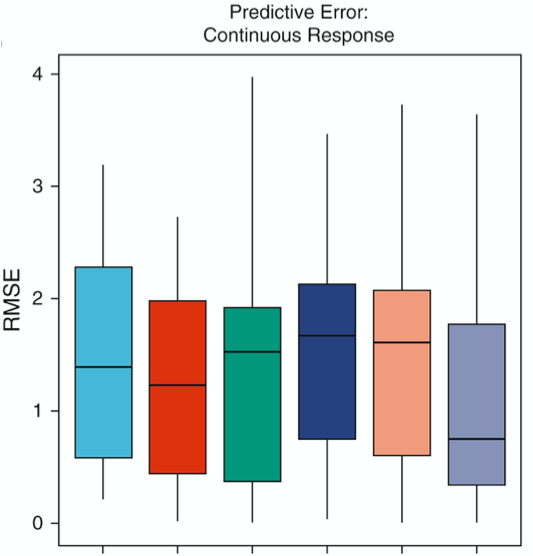
A framework for multi-omic prediction of treatment response to biologic therapy for psoriasis. Journal of Investigative Dermatology, 139(1), 100-107.
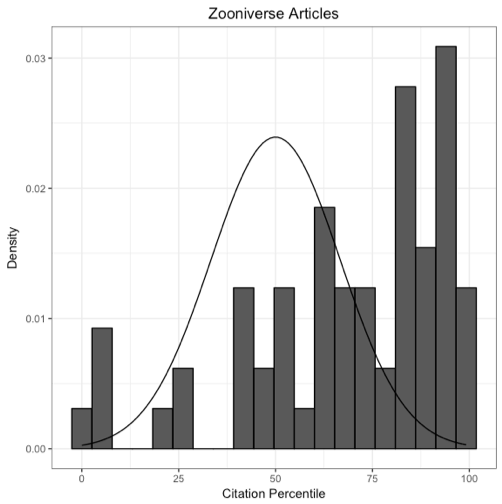
Crowdsourced science: Sociotechnical epistemology in the e-research paradigm. Synthese, 195(2), 741-764.